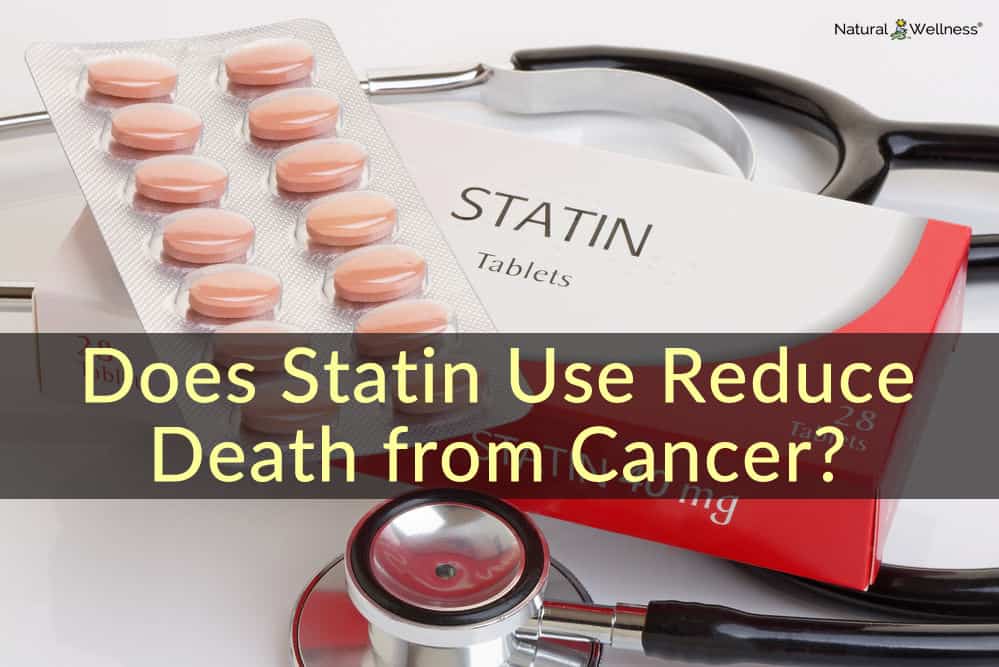

Statins and Cholesterol
Statins are prescribed when high cholesterol is diagnosed in order to reduce risk to cardiovascular health. Statins decrease low-density lipoprotein (LDL) cholesterol levels and reduce atherosclerotic plaque formation, and have been shown to decrease adverse cardiovascular outcomes including death, myocardial infarction, stroke, atrial fibrillation, and renal dysfunction.
Statins and Cancer Cells
Statins, prescribed for high cholesterol, have also been shown to inhibit the growth of a variety of cancer cells, including breast, gastric, pancreatic and prostate cancer, melanoma, mesothelioma and leukemia cells. Cholesterol is a major structural component of cell membranes and statins have been shown to inhibit tumor growth and impair the metastatic potential of tumor cells by inhibiting cell migration.
Statins interfere with cell growth and metastasis by blocking cholesterol production, affecting molecular pathways, and the inflammatory response in the cells and tissue. They have been shown to stop cell-cycle progression and to increased radiosensitization in cancer cells, making other treatments more effective. Statins have also been shown to reduce C-reactive protein (CRP), a key cause of inflammation in the body, within 14 days of medication. The antiatherosclerotic, antithrombotic, and anti-inflammatory effects of statins make them a promising addition to current cancer treatments.
Significant reduction in death from breast, colorectal, ovarian, pancreatic, and lung cancers have been associated with statin use. While the use of statins does not prevent cancer, they have been shown to significantly reduce the incidents of death from cancer and increase the effectiveness of cancer treatments, especially in obese patients.
Statin use in those without cancer has no impact on the likelihood of developing cancer; however statin use in those who already have cancer may reduce incidents of premature death, slow cancer growth, and aid in tumor reduction.
Editor’s Note: If you’d like to naturally support healthy cholesterol levels, try Cholesterol Support.




